Canada consistently ranks among the top nations globally in terms of livability, governance, innovation, and environmental responsibility. But beyond feel-good rankings, Canada offers a concrete set of advantages that make it a strong candidate for future resilience and long-term stability. Here are 22 reasons why Canada is one of the safest bets for the future.
Strong and Transparent Governance

Democratic institutions in Canada function with high levels of transparency, oversight, and public trust. With independent judiciary systems, well-defined checks and balances, and clear electoral protocols, the country offers a stable political environment. Corruption levels remain low, and public officials are generally held accountable for their actions. Also, the decentralization of powers between federal and provincial governments enhances local responsiveness while maintaining national cohesion. This institutional reliability reassures investors, businesses, and citizens alike, making Canada a model for stable governance.
Universal Healthcare System

Canada’s publicly funded healthcare system ensures access for all citizens regardless of income. This not only improves overall public health outcomes but also contributes to long-term economic productivity. Preventive care and early intervention reduce long-term treatment costs and help keep the working-age population healthier and more active. Also, during global health crises like the COVID-19 pandemic, the system demonstrated resilience and adaptability. The existence of universal healthcare reduces inequalities and improves social cohesion, contributing to a stable and forward-looking society.
Economic Diversification

Canada’s economy is remarkably diversified, with strong sectors in natural resources, technology, manufacturing, finance, and services. This diversification insulates the country from sector-specific downturns and global shocks. While energy exports remain crucial, cities like Toronto, Montreal, and Vancouver have become hubs for AI, fintech, and green technology. The country’s balanced economic profile enables flexibility and innovation while reducing its over-dependence on volatile commodities and single trading partners.
High Levels of Education

Canada consistently ranks among the most educated countries in the world. Its population enjoys broad access to high-quality primary, secondary, and tertiary education. Universities like the University of Toronto, McGill, and UBC are recognized globally and attract students from around the world. This emphasis on education supports a skilled workforce, drives innovation, and fosters civic responsibility. Moreover, continuous government investment in education reflects a long-term strategy to prepare for a rapidly evolving global economy.
Robust Immigration Policies

Canada’s immigration policies are structured to address demographic needs and economic priorities. Programs such as Express Entry and the Provincial Nominee Program select skilled individuals who can make an immediate contribution to the workforce. Also, Canada’s openness to newcomers supports population growth, fills labor market gaps, and enriches cultural life. And, unlike many countries where immigration sparks polarization, Canada maintains a broad political consensus on its benefits, providing a model for social integration and economic vitality.
Abundant Natural Resources
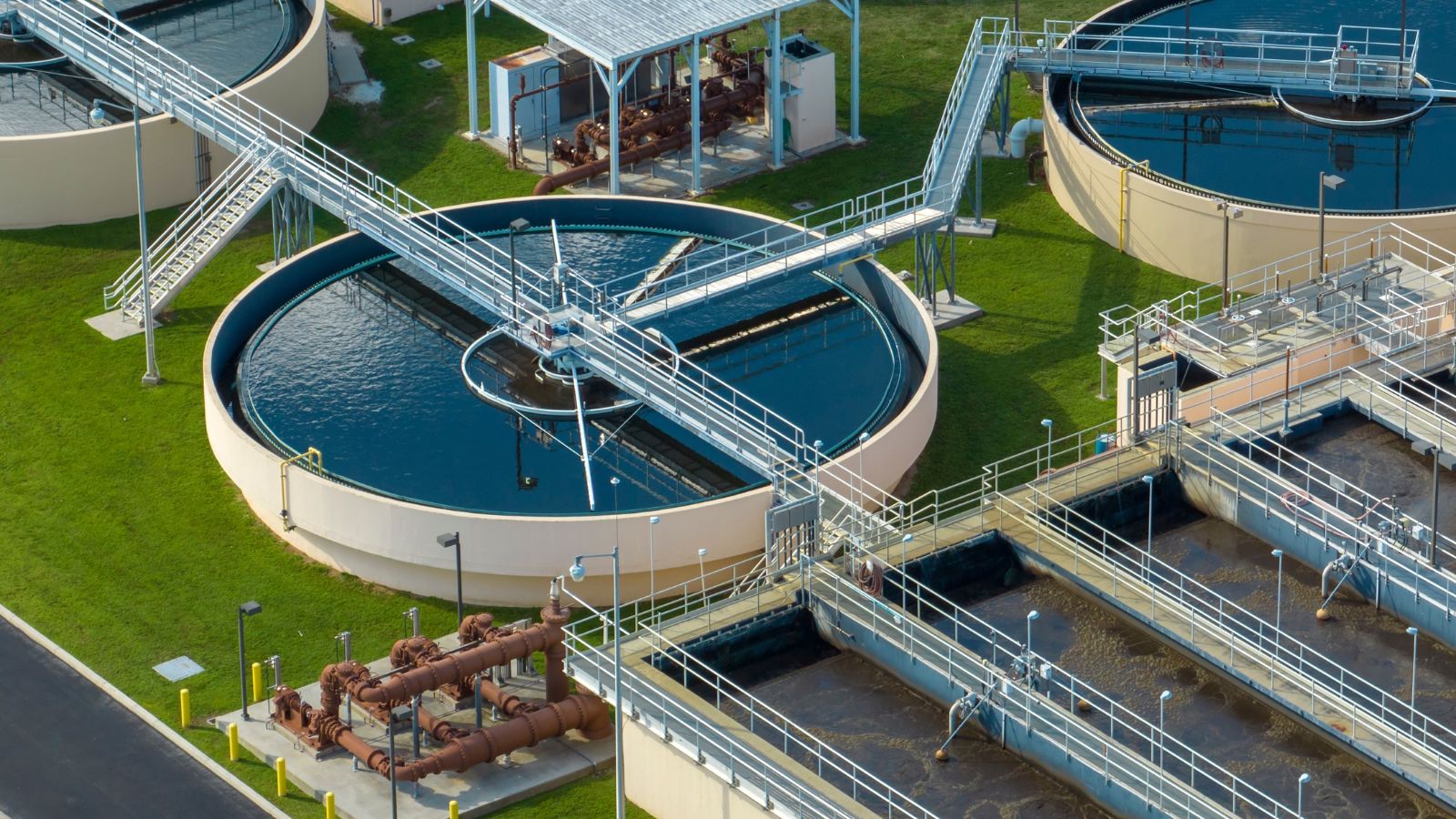
Canada is endowed with vast natural resources, including oil, natural gas, minerals, fresh water, and arable land. These resources give it strategic advantages in energy security and food production. The country also benefits from its management of these resources through stringent environmental regulations and sustainable practices. Additionally, as global demand for critical minerals and clean energy increases, Canada is well-positioned to be a reliable supplier, further enhancing its geopolitical and economic influence.
Global Reputation for Peacefulness

Canada’s foreign policy emphasizes diplomacy, peacekeeping, and multilateralism. It consistently ranks among the most peaceful nations, according to indices such as the Global Peace Index. This reputation not only reduces the risk of international conflict but also enhances its standing in global alliances and trade partnerships. Additionally, Canada’s global image as a cooperative and stable actor makes it a preferred partner in a world facing increasing geopolitical tensions.
Climate Change Adaptation
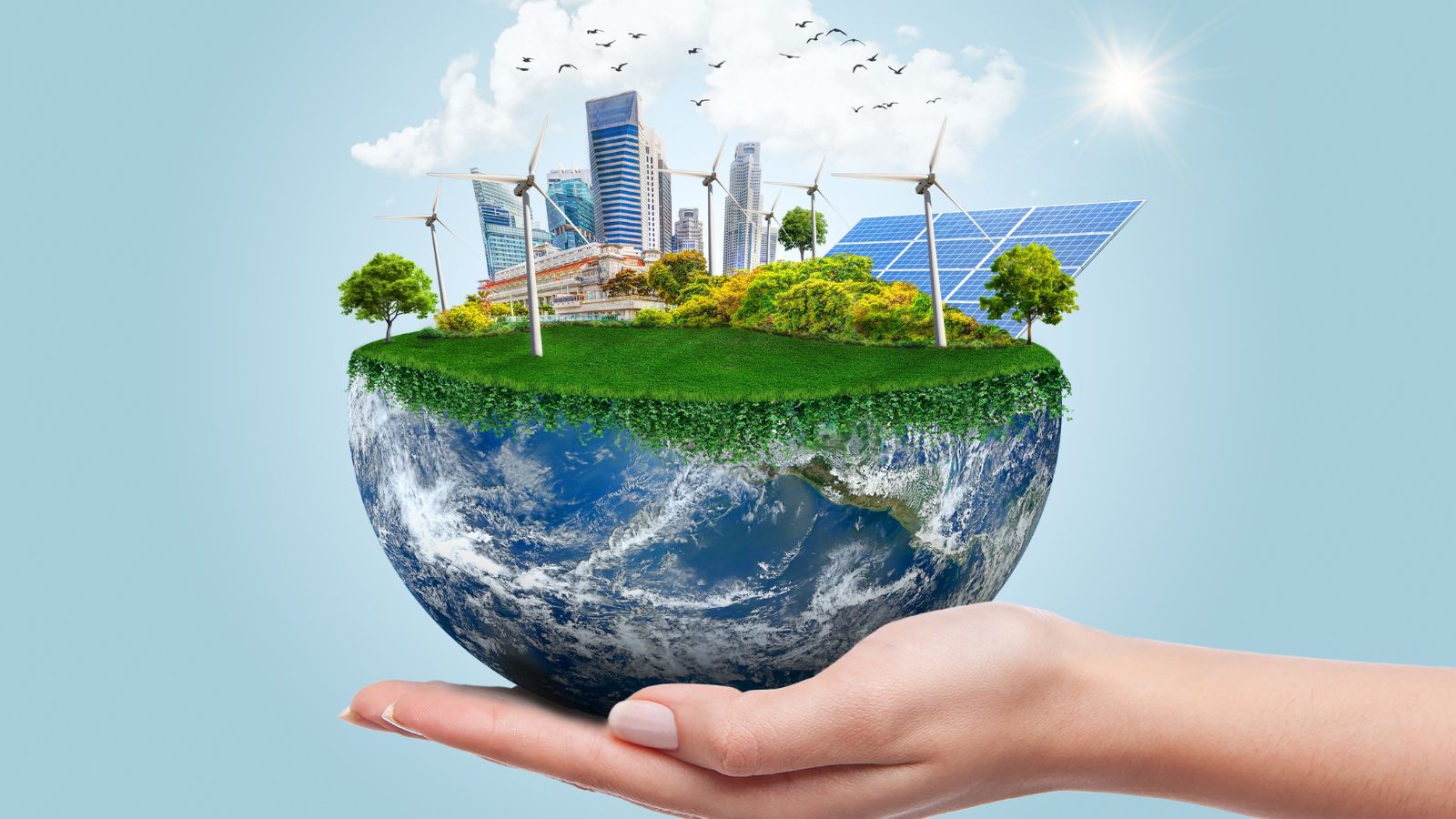
While climate change is a global threat, Canada’s geography offers relative insulation from some of its worst impacts. The country is rich in freshwater and agricultural land, and it experiences fewer extreme climate events compared to other regions. Moreover, Canada is investing in climate adaptation strategies, including green infrastructure, wildfire management, and climate-resilient urban planning. These efforts increase its ability to withstand environmental disruptions and ensure long-term livability.
Stable Financial Institutions
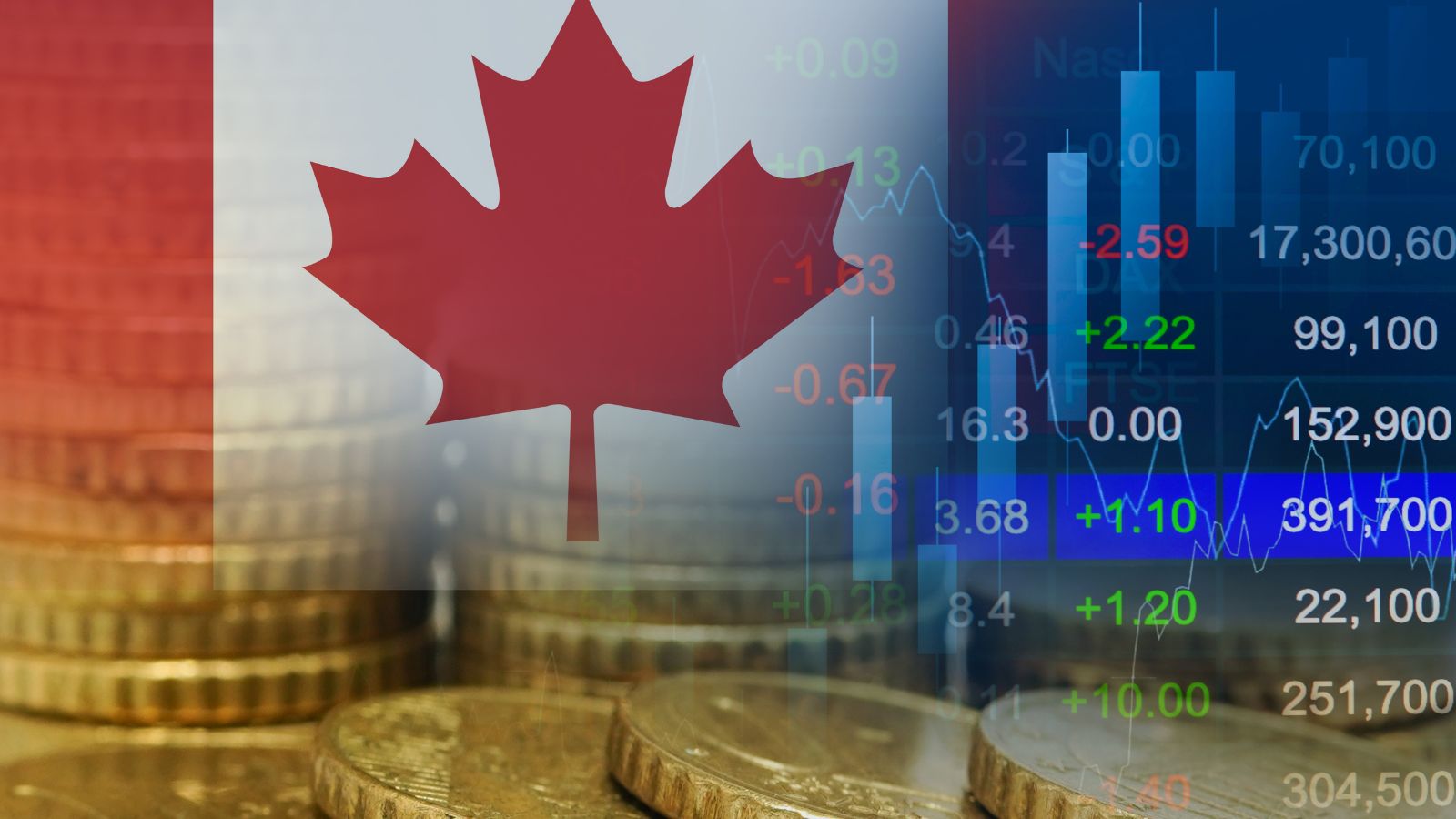
The banking system in Canada is one of the most stable and well-regulated in the world. It weathered the 2008 financial crisis with minimal fallout, thanks to conservative lending practices and stringent oversight by the Office of the Superintendent of Financial Institutions (OSFI). The country’s ‘Big Five’ banks have global reach but remain domestically rooted. This financial security underpins consumer confidence and investment growth, laying the groundwork for enduring prosperity.
Safe Cities and Low Crime Rates

Urban centers in Canada consistently score high on global safety rankings. Cities like Ottawa, Calgary, and Quebec City enjoy low crime rates and effective law enforcement. Public safety policies focus on prevention, rehabilitation, and community policing. Also, gun control laws and social welfare systems reduce violence and poverty-driven crime. Additionally, the overall safety contributes to a better quality of life, making cities more attractive to global talent and investors.
Technological Innovation and AI Leadership

The Vector Institute in Toronto, the Montreal Institute for Learning Algorithms (MILA), and the Alberta Machine Intelligence Institute (Amii) have made Canada a magnet for top-tier researchers and multinational tech companies. Policies such as the Pan-Canadian AI Strategy ensure continued funding and the ethical development of AI. This focus has led to advancements in natural language processing, healthcare diagnostics, and autonomous systems. Notably, Canada’s AI ecosystem prioritizes transparency, bias mitigation, and public benefit, setting it apart from other nations where tech development often lacks regulatory foresight.
Political Moderation and Social Cohesion

Canada’s political culture is relatively centrist and less volatile compared to many Western democracies. The political discourse, while lively, generally avoids the extremes seen in polarized nations. Multiple parties provide a broad spectrum of representation, yet most Canadians favor pragmatic, consensus-driven policy over ideological battles. Policies promoting multiculturalism, anti-discrimination, and linguistic rights further promote social harmony. This level-headed governance style is a valuable asset in navigating global uncertainty and maintaining social order during times of crisis.
Strong Trade Relationships

Through CUSMA (formerly NAFTA), Canada maintains preferential access to the massive North American market. Simultaneously, agreements such as the Comprehensive Economic and Trade Agreement (CETA) with the EU and the Comprehensive and Progressive Agreement for Trans-Pacific Partnership (CPTPP) provide gateways to Europe and the Asia-Pacific region. These agreements enable Canadian products and services to compete globally while ensuring the country remains integrated into high-standard, rules-based economic systems. Trade diversification increases resilience against protectionist policies and geopolitical shocks.
Commitment to Human Rights

Legally enshrined protections guard against discrimination based on race, gender, religion, sexual orientation, and disability. The Canadian Human Rights Commission, provincial tribunals, and judicial oversight provide accessible channels for redress and accountability. Internationally, Canada supports peacekeeping operations, refugee resettlement programs, and development aid that focuses on governance and human rights. The country has also taken steps to align its supply chains with ethical standards, particularly in the mining and textile industries.
Sustainable Urban Development

Canadian cities are at the forefront of implementing environmentally conscious urban strategies. Vancouver’s Greenest City Action Plan, Montreal’s ambitious transit expansions, and Toronto’s focus on low-emission zoning illustrate a national trend toward eco-friendly city planning. These cities invest in public transportation, bike-friendly infrastructure, and energy-efficient buildings. Municipalities also often collaborate with Indigenous groups and citizens to co-develop inclusive, sustainable blueprints. This long-term thinking not only addresses climate change but also enhances livability and affordability, ensuring cities remain attractive and functional for future generations.
Indigenous Reconciliation Efforts

While Canada has a long and painful history of colonialism, it is taking steps, however incomplete, toward reconciliation with Indigenous peoples. The Truth and Reconciliation Commission outlined 94 Calls to Action that have become benchmarks for institutional change. Federal and provincial governments have begun implementing reforms in areas like child welfare, education, and language revitalization. Indigenous communities are increasingly involved in co-managing natural resources and securing land rights.
Youth Engagement and Civic Participation
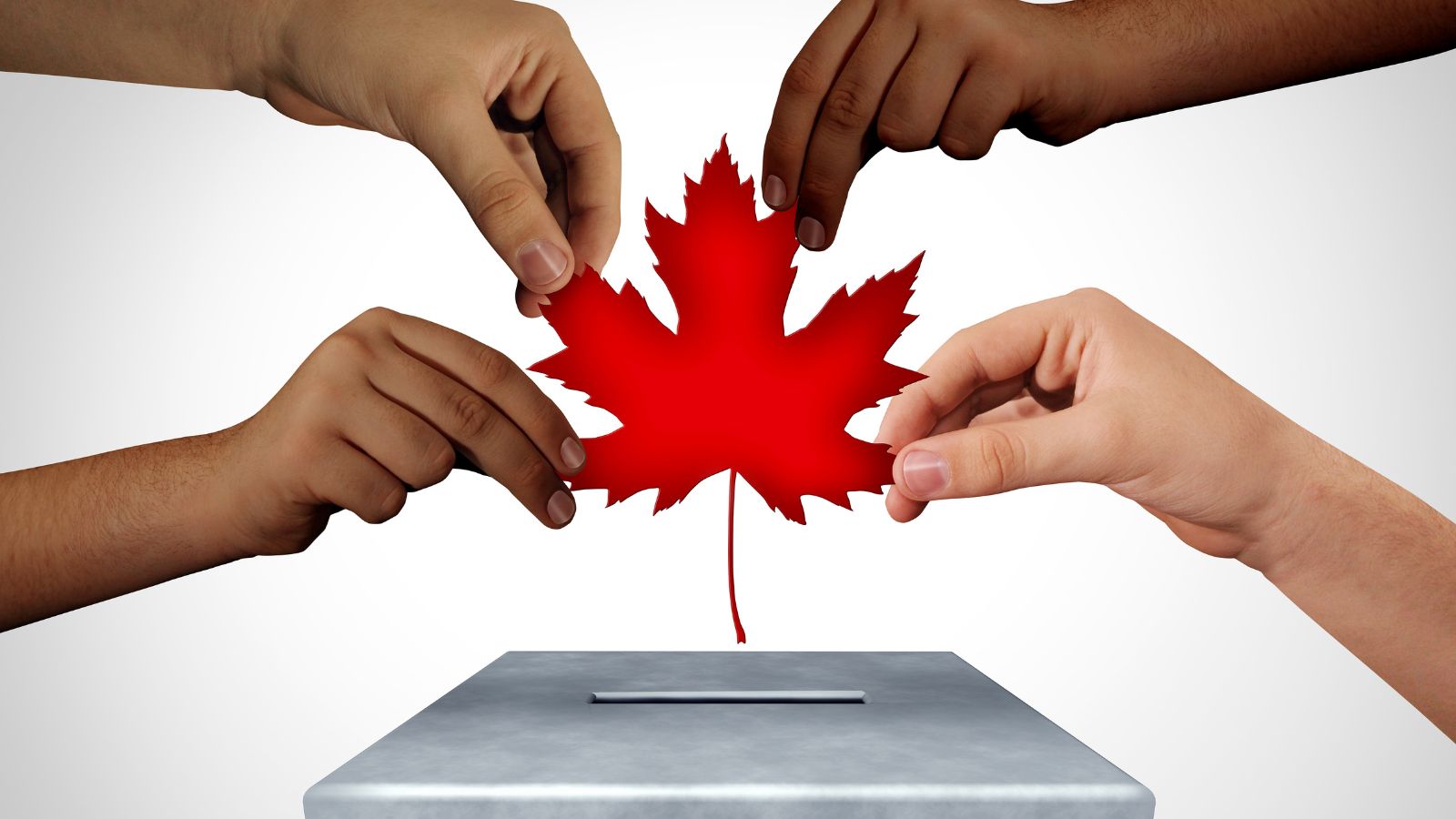
Youth turnout in recent federal elections has increased significantly, and political parties are actively courting the Gen Z and millennial vote. Civic education in schools, platforms like Student Vote, and national service programs encourage early engagement. Moreover, youth-led movements on climate action, mental health awareness, and Indigenous solidarity have captured national attention and influenced legislation. This vibrant civic culture ensures a continuous renewal of democratic values and prepares the country for a future shaped by informed, passionate, and socially conscious leaders.
Low Public Debt-to-GDP Ratio
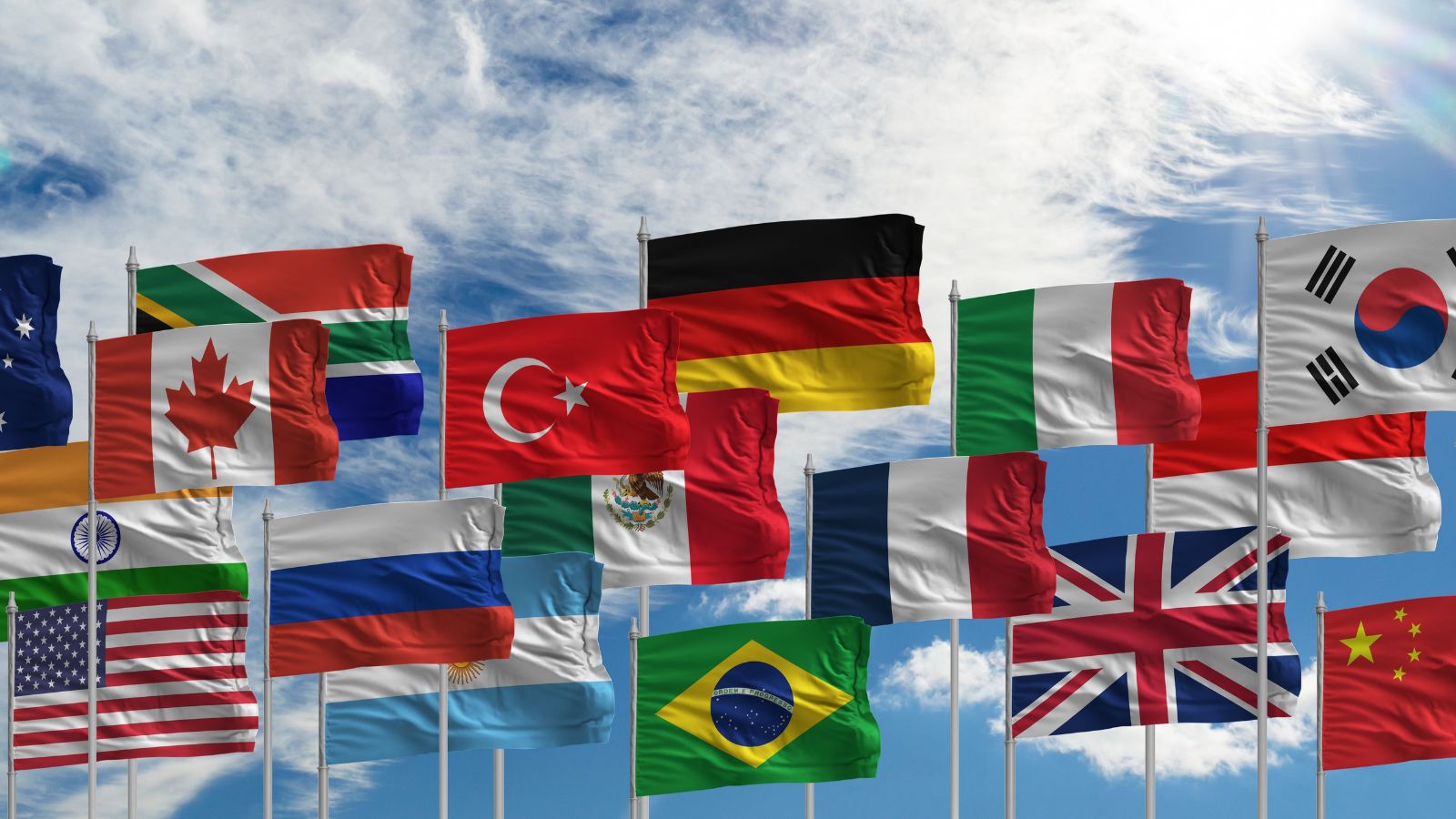
Compared to other advanced economies, Canada maintains a relatively low federal debt-to-GDP ratio, which grants it greater flexibility during downturns or emergencies. This is a product of careful fiscal planning, diversified revenue streams from industries such as finance, energy, and real estate, and a robust taxation system. And, while the pandemic led to increased government spending, Canada’s long-term borrowing costs remain low due to its solid credit rating. This fiscal buffer allows for future investments in infrastructure, education, and healthcare without triggering inflation or austerity.
Effective Pandemic Response Infrastructure

Canada’s experience during the COVID-19 pandemic revealed both strengths and areas for improvement; however, the country mounted an overall effective response. Coordinated efforts between federal and provincial governments resulted in widespread testing, clear public health communication, and an efficient vaccine rollout. The government also introduced emergency financial support programs for workers and businesses. Investments in public health data infrastructure and crisis logistics have continued since the onset of the pandemic. Plus, the population’s high trust in science and public health institutions also enhances compliance and resilience.
High Food Security

Canada’s vast agricultural land base, advanced farming techniques, and efficient distribution networks make it one of the most food-secure countries globally. Major crop exports include wheat, canola, and legumes, while dairy and meat production meet domestic demand. Precision agriculture, crop rotation, and sustainable practices enhance productivity while preserving soil health and promoting long-term sustainability. Federal and provincial governments support agricultural innovation and buffer programs to stabilize prices. In urban areas, community-supported agriculture and food rescue programs address access gaps. This comprehensive food system ensures stability and independence in a time when food insecurity is on the rise worldwide.
Legal Frameworks that Attract Investment

Canada’s legal system provides a transparent, predictable environment for business operations. Foreign and domestic investors are protected by contract enforcement, low corruption, and a well-regulated financial sector. The country ranks high on the World Bank’s Ease of Doing Business indicators for resolving insolvency, protecting minority investors, and registering property. Additionally, legal clarity around emerging industries, such as cannabis, AI, and clean tech, further enhances investor confidence. Tax incentives, grants, and R&D credits also support entrepreneurship and innovation.
High Life Satisfaction
Canadians report high levels of well-being, according to the OECD’s life satisfaction surveys and the World Happiness Reports. Contributing factors include access to public healthcare, quality education, personal safety, environmental cleanliness, and inclusive social policies. A strong emphasis on work-life balance and protected labor rights helps reduce burnout. Mental health services, parental leave policies, and community support networks contribute to emotional well-being. People feel secure in their jobs, homes, and neighborhoods, which enhances civic trust and public engagement.
International Leadership on Climate and Ethics
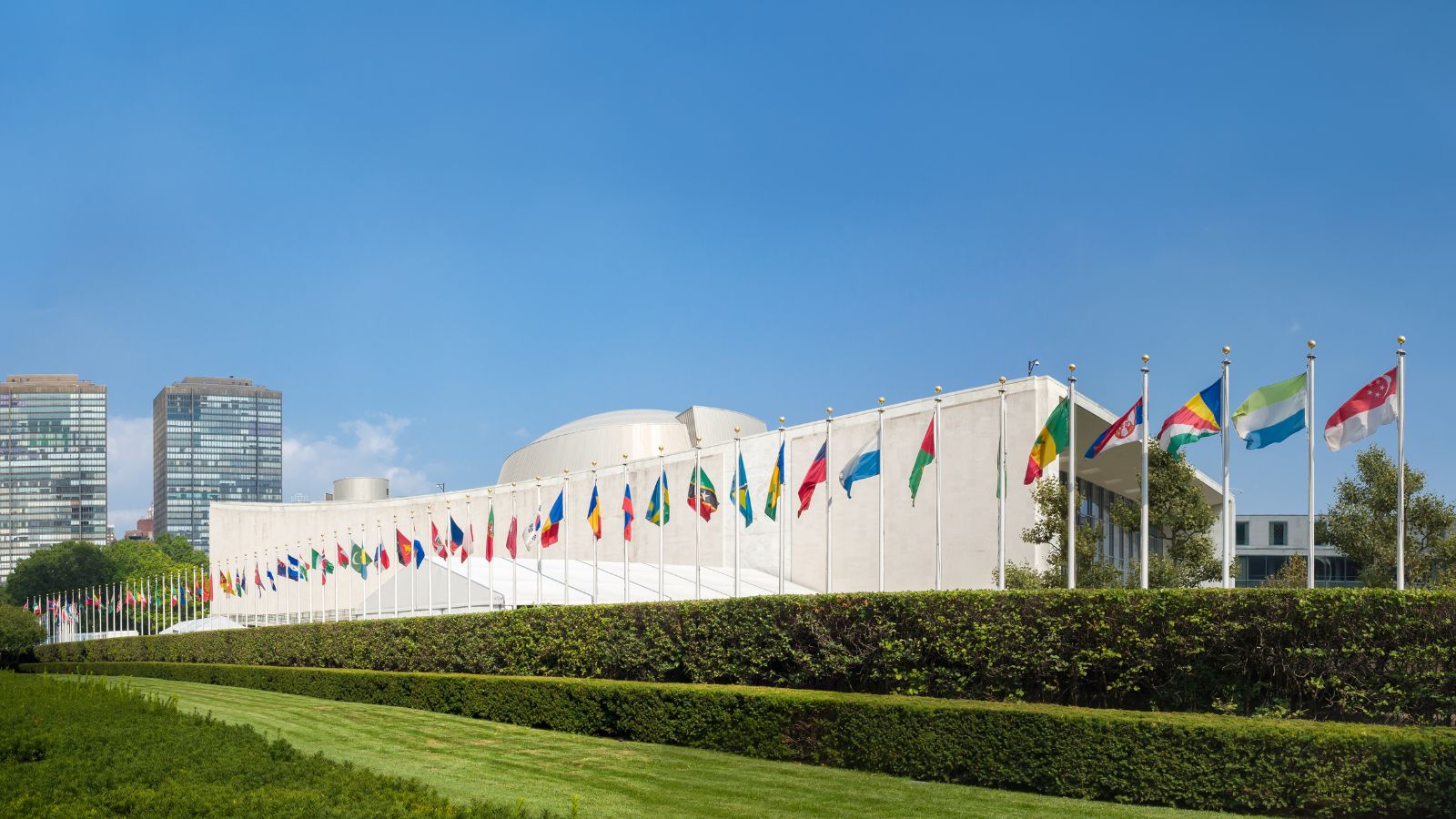
Canada actively participates in international forums that promote sustainable development, ethical governance, and climate action. It was a key supporter of the Paris Agreement and continues to advocate for carbon pricing, green finance, and the protection of biodiversity. Canadian diplomatic missions promote gender equality, Indigenous rights, and transparent governance in global aid initiatives. The country also invests in clean tech both at home and abroad and has pledged climate financing to help developing nations. This consistent ethical stance enhances Canada’s diplomatic leverage and ensures it remains a respected voice in shaping global rules for the future.
21 Products Canadians Should Stockpile Before Tariffs Hit

If trade tensions escalate between Canada and the U.S., everyday essentials can suddenly disappear or skyrocket in price. Products like pantry basics and tech must-haves that depend on are deeply tied to cross-border supply chains and are likely to face various kinds of disruptions
21 Products Canadians Should Stockpile Before Tariffs Hit

